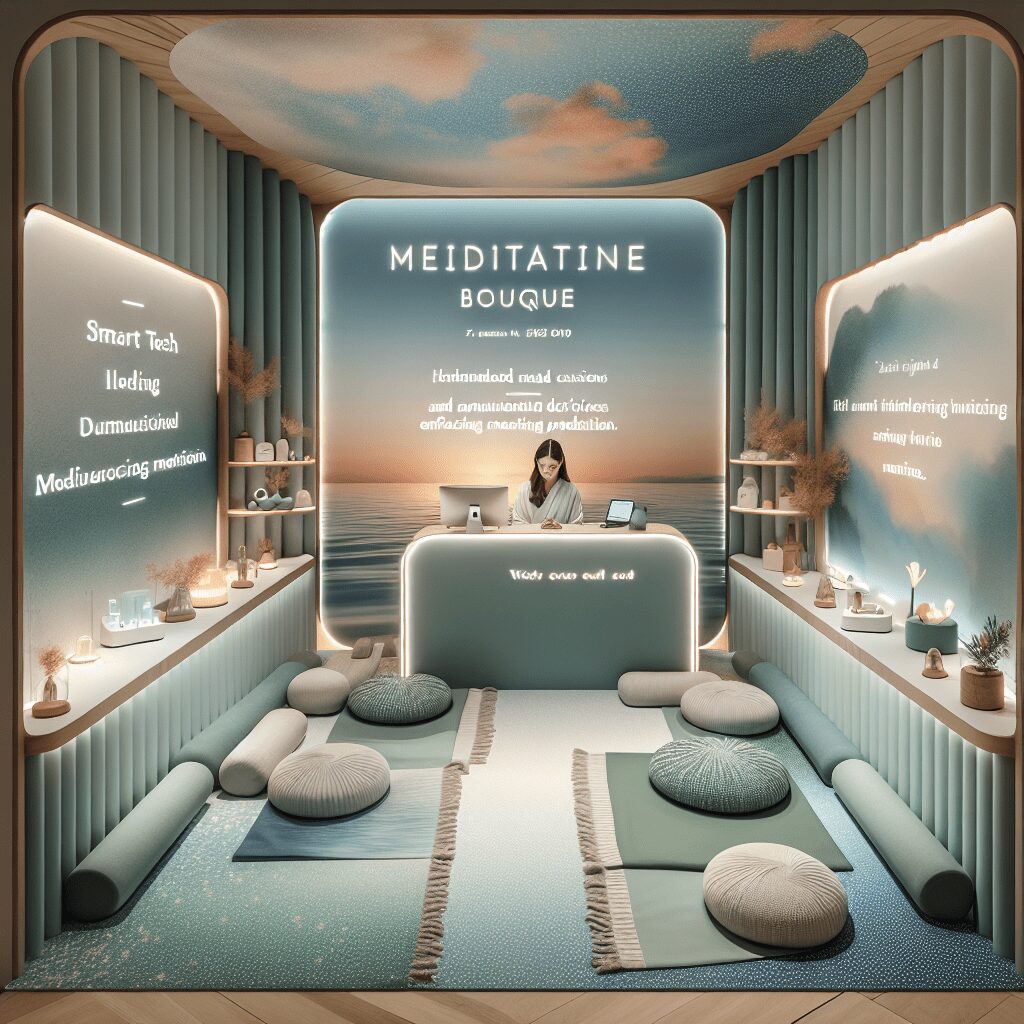
Prioritize your mental well-being daily. Enhance your life by nurturing your mental health with the Smart Meditation app. Break free from stress, alleviate anxiety, and enhance your sleep quality starting today.
Is Meditation Effective For Anxiety?
Unlocking the Power of Silence: Is Meditation the Key to Overcoming Anxiety?
In today’s roller-coaster world, where the hustle and bustle never seem to hit the brakes, it’s no wonder that anxiety has become a constant companion for many. It’s like this unwelcome guest that just won’t take the hint to leave. So, in our quest for some much-needed peace, many have turned their gaze towards an ancient practice that has been making quite the buzz lately – meditation. But the million-dollar question remains: Is meditation truly effective for curbing anxiety, or is it just another trend that’ll fade away?
The Science Behind the Serenity
Let’s cut to the chase and dive deep into what the experts have to say. Spoiler alert: They’re not just singing its praises based on hearsay.
- Brain Boost: Studies have shown that meditation can change the brain’s structure, particularly in areas associated with attention, emotion regulation, and mental flexibility. This essentially means it could help you become less of a worrywart and more of a Zen master.
- Stress-Buster: It’s been observed that meditation can decrease levels of cortisol, the notorious stress hormone. Lower stress levels equal less anxiety. It’s simple math, really.
- Quality Z’s: Insomnia often goes hand-in-hand with anxiety. Here’s where meditation steps in, showing promising results in improving sleep quality. And better sleep means less grumpy mornings and less anxious days.
- Anxiety’s Nemesis: Meta-analyses (a fancy term for studies that review multiple other studies) confirm that meditation can, indeed, significantly reduce anxiety levels. We’re talking reductions that span from mild to drastic, depending on the individual’s commitment and practice duration.
Stepping Into the World of Meditation: A Guide for Beginners
So, you’re intrigued and ready to give meditation a whirl, but where do you even start? Fret not! Here’s a quick guide to get those meditation wheels turning:
- Find Your Spot: Look for a quiet, comfortable place where you won’t be disturbed. This can be anywhere from a cozy corner in your room to a serene spot in your backyard.
- Timing is Key: Start with just 5-10 minutes a day. Yes, that’s all! It’s about quality, not quantity. Gradually, as you feel more at ease, increase the duration.
- Comfort is King: Sit or lie in a comfortable position. You don’t need to mimic a pretzel. The goal is to feel relaxed, not to win a flexibility contest.
- Breathwork: Focus on your breath. Take slow, deep breaths, and pay attention to the sensation of air entering and leaving your body. This simple act can work wonders.
- Gentle Return: Your mind will wander. That’s a given. The trick is not to get frustrated. Gently bring your focus back to your breath every time you notice your thoughts drifting.
Remember, meditation is not a quick fix. It’s more like a fine wine that gets better with time. Patience and consistency are your best buddies along this journey.
The Verdict
So, to wrap this up, it’s clear as day that meditation isn’t just another fad destined for obscurity. Its roots run deep, and it possesses a formidable arsenal against anxiety. Whether you’re battling mild stress or more entrenched anxiety issues, incorporating meditation into your daily routine can be a game-changer. It’s all about taking that first step and letting the process unfold at its own pace.
In essence, the effectiveness of meditation for anxiety is not just a claim; it’s a fact backed by science and the experiences of countless individuals. So, why not give it a shot? You’ve got nothing to lose but your anxiety.





